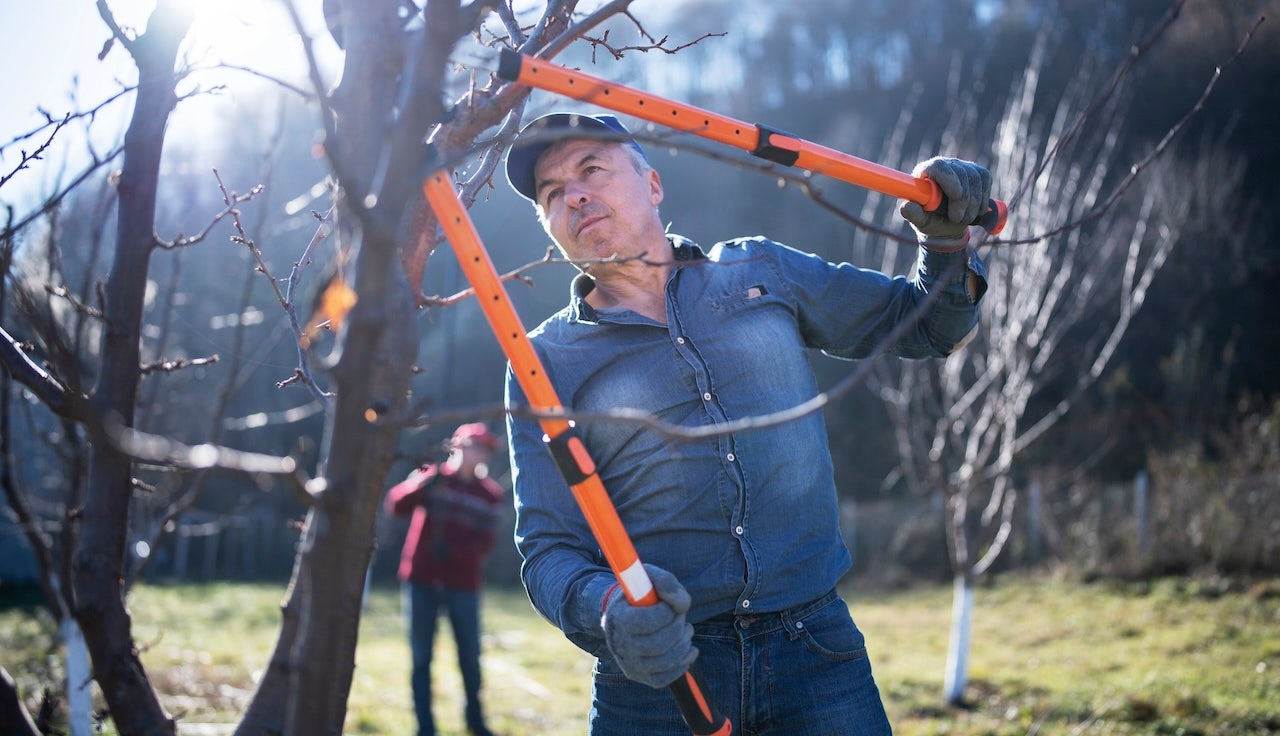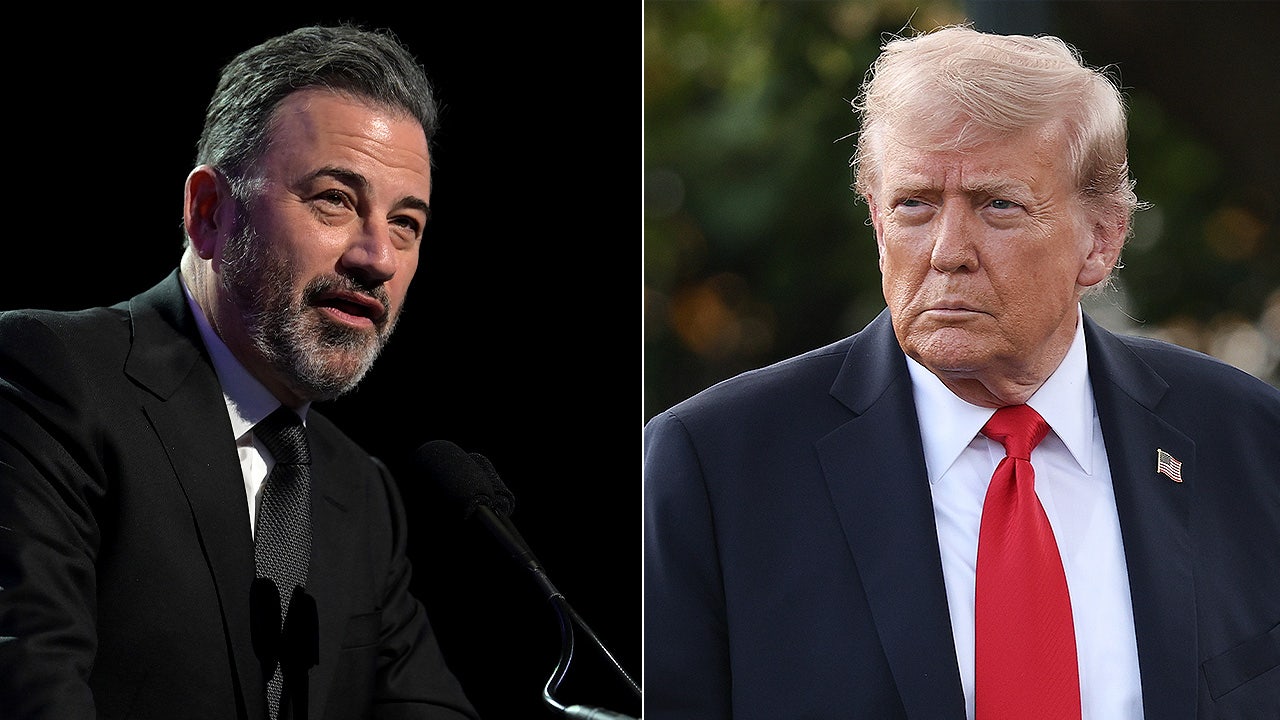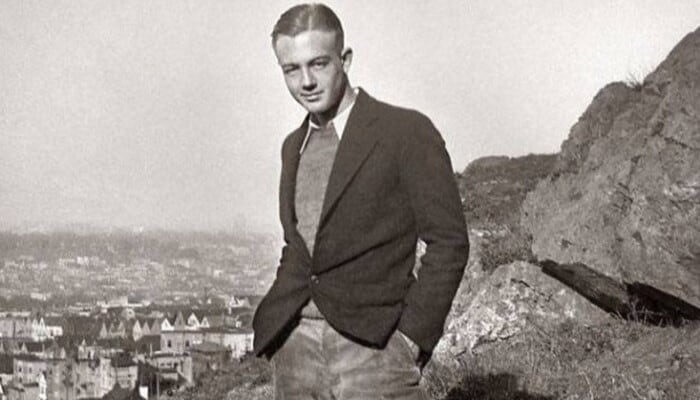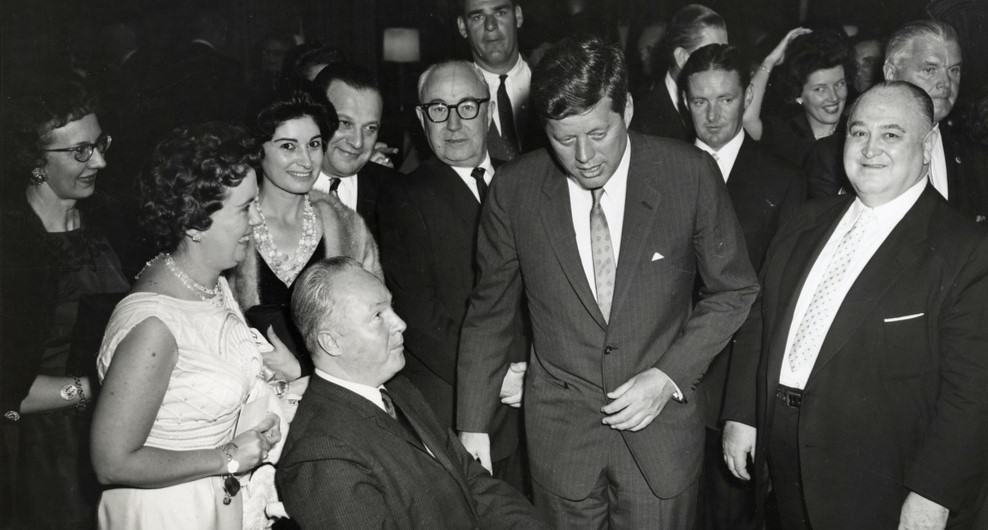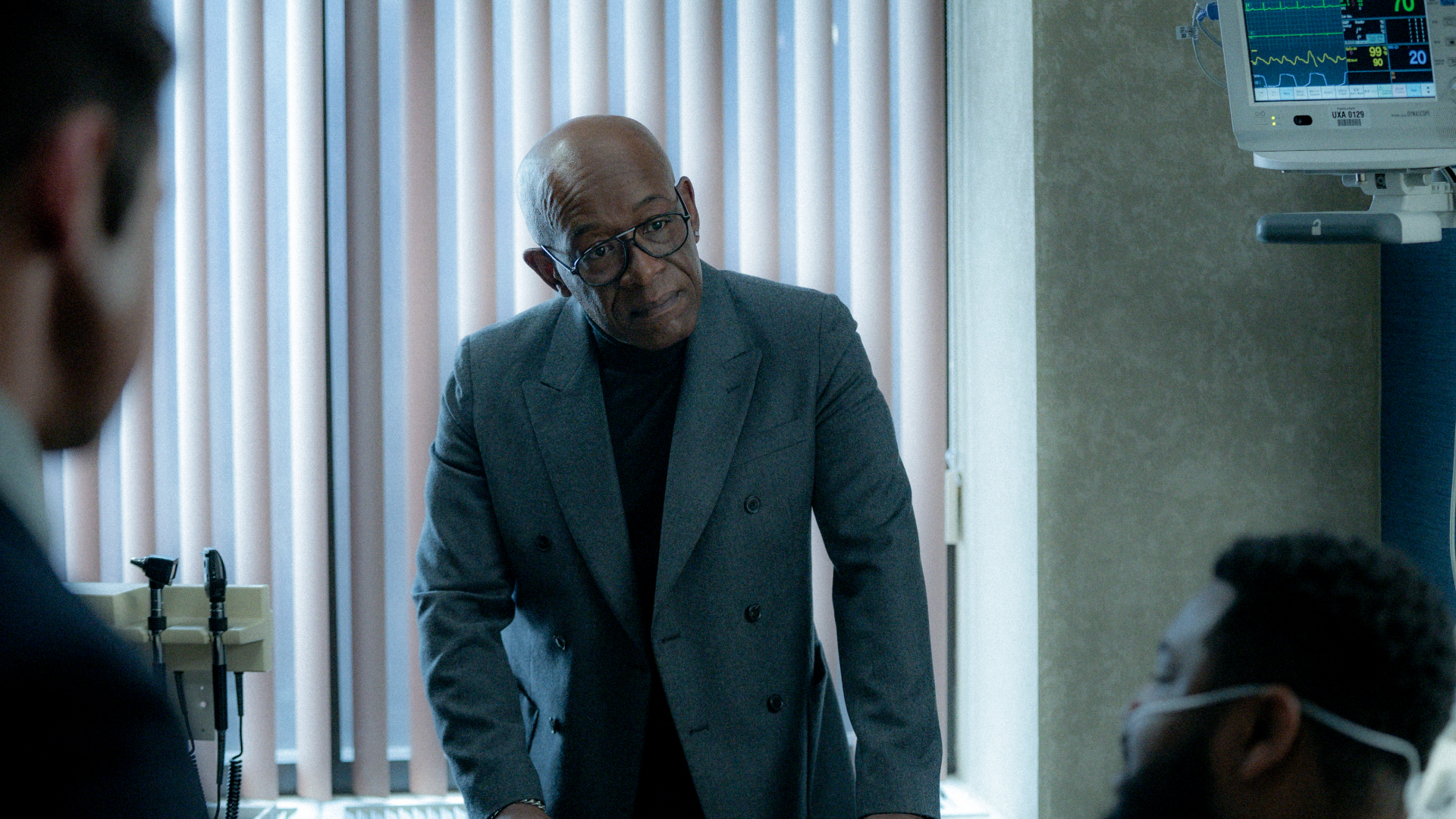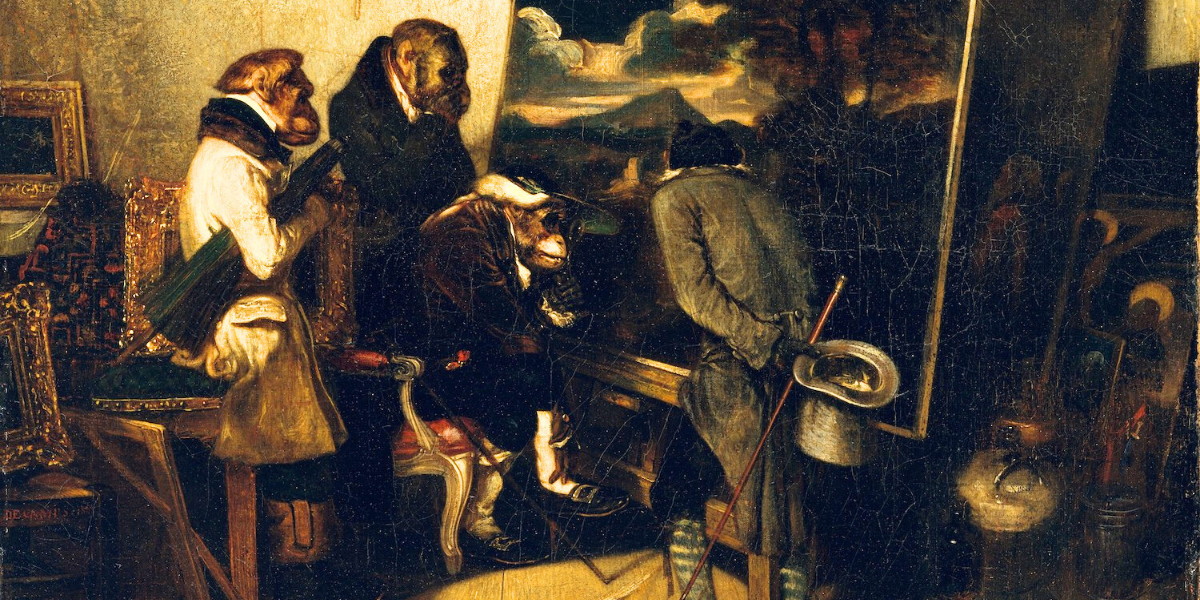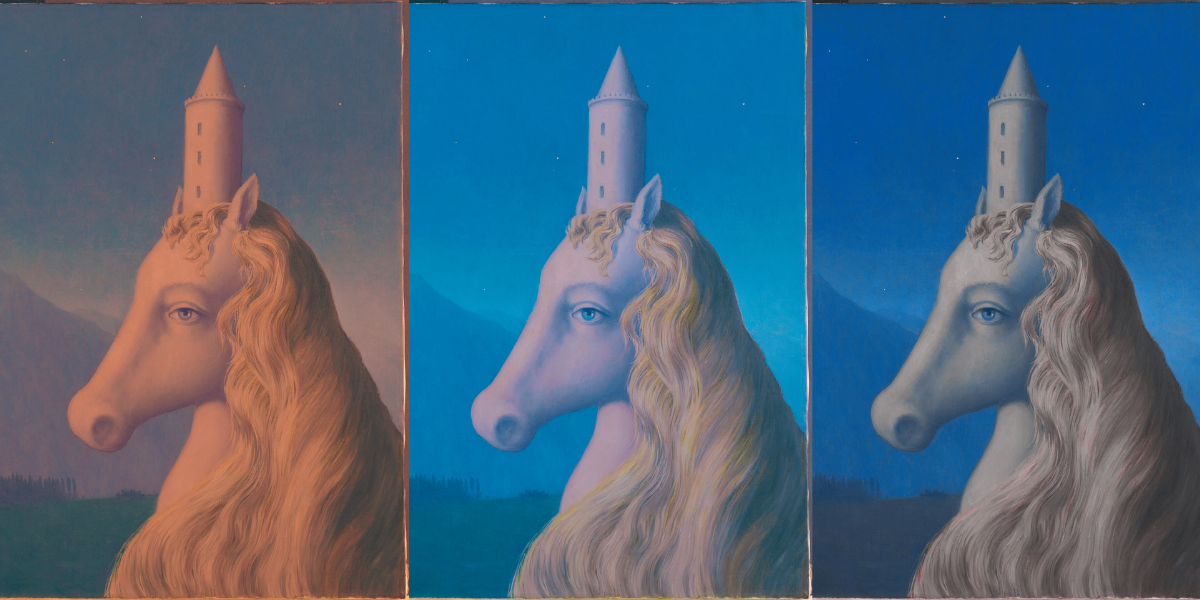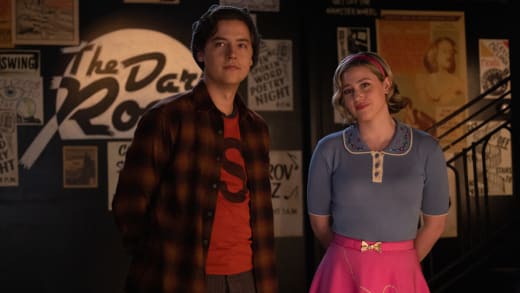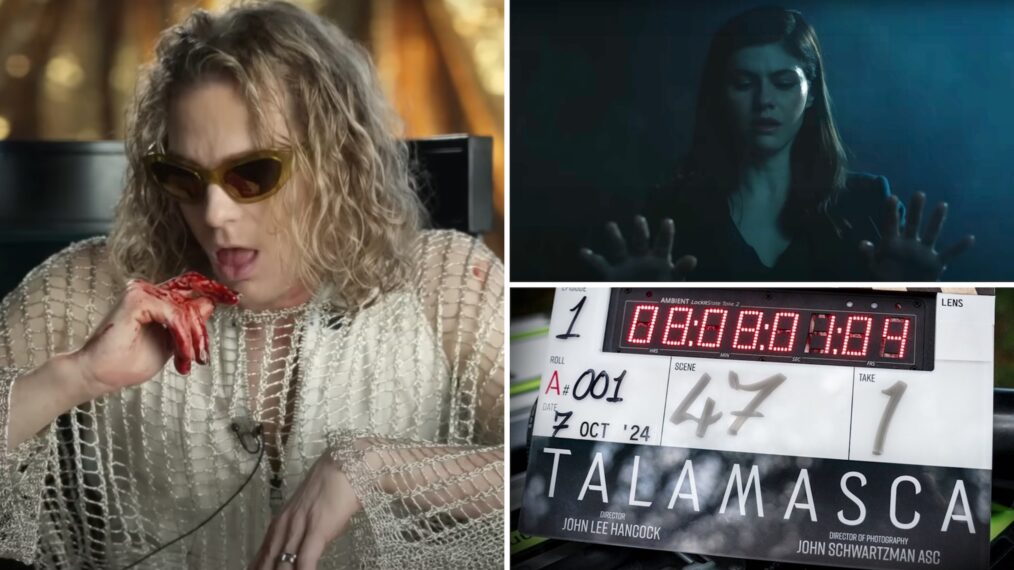Chalino Sánchez, the “King of Corridos,” would have turned 65 on Aug. 30. While his tragic murder in May 1992 ended his life, his musical legacy continues to thrive.
Thanks to technology, some of his timeless recordings are being brought back to life through collaborations with other artists. Fifteen of Sánchez’s tracks, owned by Cintas Acuario — a label based in Long Beach, California — are being reimagined for a new project.
“I bought the songs from him; they’re mine. That’s how we did business,” Pedro Rivera, owner of the label, shared exclusively with Billboard Español. (Rivera is the father of regional Mexican music stars Lupillo Rivera and the late Jenni Rivera.) “We respected each other deeply. Chalino was one of the most loyal men I’ve ever met — he always kept his word.”
The first release from this project is “Rigo Campos,” a song written more than 30 years ago by Mario Quintero, the lead singer of Los Tucanes de Tijuana. Chalino recorded his own version back in the day, but the two never met in person. Now, through the magic of technology, they’re singing together in a music video that premiered on Thursday, Aug. 28.
“It took over three years from the first meeting to today’s release,” Quintero, thrilled by the song’s reception, told Billboard Español. It has already become a trending topic in Mexico. “Unfortunately, I never got the chance to meet Chalino… [But] technology made it possible for Los Tucanes and Chalino to appear together in the video as if he were still here.”
Sánchez rose to fame in the late ’80s and early ’90s with his corridos in the California music scene. His raw, unpolished voice and straightforward style resonated with migrant communities and working-class listeners. Songs like “Nieves de Enero,” “Alma Enamorada” and “Baraja de Oro” became classics.
On May 16, 1992, he was murdered in Culiacán, Sinaloa, after a performance. He was only 31 years old.
Quintero, who as the leader of Los Tucanes heads one of the most respected norteño and corrido groups in the market, spoke to Billboard Español about “Rigo Campos,” the current restrictions on corridos in Mexico, and even a possible World Cup anthem in the works:
Billboard Español: What are the Origins of “Rigo Campos”?
Quintero: The song is based on a well-known event in Tijuana, I think it was around 1991. It was talked about a lot on the news in both Mexico and the U.S. Back then, we were just starting out, and even to this day, I draw inspiration from real-life events. I wrote the song, and it became popular locally. I used to go to record stores to check out new releases and see if anyone had recorded one of my songs. One day, I was surprised to find the song on a cassette by Chalino Sánchez. I remember opening it and seeing that it credited him as the author. My excitement immediately turned to disappointment. Turns out, he had heard it from us, liked it and recorded it with Cintas Acuario. The song was already registered to me, so we cleared everything up.
How did this particular collaboration come about?
Juan Rivera [Pedro Rivera’s son] reached out to invite me to take part in this album they’re producing with Chalino’s songs. I thought it was such an exciting idea, and of course, I was honored to include my song. It took over three years from our first meeting to now releasing “Rigo Campos.” We’re overjoyed with the public’s response. Unfortunately, I never got to meet Chalino. There was this one time he had a press conference in Tijuana, but we were busy working and couldn’t go. I had wanted to thank him for recording my song, but the opportunity never came up. Now, through technology, we were able to bring him back to life in the video, and it’s as if he’s really there with us. It was a huge effort by the teams at Cintas Acuario and Master Q Music to make it happen. The hardest part was bringing Chalino’s essence into the present, but they nailed it.
Why do you think Chalino’s legacy endures so many years after his death?
Chalino had this unique ability to take well-known songs and make them his own with his distinctive style. That’s what made him so successful. Of course, he was also heavily criticized, but people couldn’t ignore his authenticity. He wasn’t trying to imitate anyone — he was born to be an original, and that’s why he’s still such a massive influence in norteño and banda music. Producing this song was such a fulfilling experience. Listening to his voice straight from the original tapes, you realize how powerful it was. He didn’t need backing vocals; he was naturally in tune and simply incredible. Back then, there wasn’t the technology we have now, so hearing him sing was truly special. Recording this duet with him now feels like a dream come true. It didn’t happen before, but it’s happening now — and that’s what matters.
What do you think of the current bands and restrictions of corridos in Mexico?
We love corridos, but we also respect the rules in every place we perform. We understand the situation. The problem isn’t with corridos themselves; there are broader social issues at play. I think the authorities have good intentions, and we always follow any rules or restrictions. For example, at our recent show at the Auditorio Telmex in Guadalajara, we weren’t allowed to perform any corridos. Of course, some fans wanted to hear them, but we respect the law. At the end of the day, the law is the law, and we have to follow it as citizens. Where we’re allowed to perform corridos, we will. Where we’re not, we’ll just play “La Chona” three times, or “El Tucanazo,” or “Me Gusta Vivir de Noche.” We’ve got plenty of songs in our repertoire.
Speaking about “La Chona,” it’s become a major hit and played in many sporting events. Any plans to use it during the World Cup?
As the composer of “La Chona,” it’s such an honor and a privilege to see it still going strong. Every day, we get videos from all over the world of people dancing and singing along to it. When we first recorded it, I didn’t even like the song that much — I preferred others. But it carved out its own place, and now, more than 30 years later, new generations are still loving it. For the World Cup, we’re working on a project that I think fans are going to love. In the meantime, we’re heading to Chile, Colombia, Honduras, Guatemala and Bolivia this year, and next year we’ll be taking our music to Spain. Europe is becoming such an important market for regional Mexican music.
A few days ago you played for over 100,000 people. Why do Los Tucanes still draw big crowds?
I think we’ve earned the love of our fans through our music and the way we are. Los Tucanes are one of those groups that can do it all — romantic songs, corridos, cumbias — we mix norteño music with other genres. I think that’s why we have such a special place in people’s hearts. There are also people who grew up listening to our music but never got to see us live, so they come to our shows now. And it’s so touching to see multiple generations at our concerts — parents, kids, even grandparents. It’s such a blessing.

